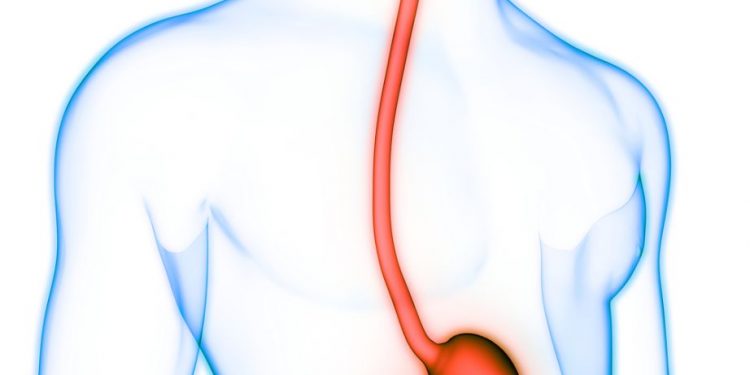A esophageal tumor is an abnormal growth in the cells that line your esophagus. It may be a sign of cancer or it could be caused by other conditions, such as esophagitis (inflammation of the esophagus). A esophageal tumor can cause symptoms like difficulty swallowing, coughing or feeling as though something is stuck in your throat. These symptoms can get worse as the tumor grows and spreads beyond the lining of your esophagus.
Some people who have a esophageal tumor don’t experience any symptoms until the cancer is very advanced. This is because the esophagus is very flexible and can expand around a growing tumor. The earliest signs of a esophageal tumor are often mild, nonspecific and easy to miss. The most common symptom is trouble swallowing (dysphagia). As the tumor grows, it can create pressure against your esophagus and make it harder to swallow. The pressure can also cause a burning sensation. Eventually, the cancer can destroy the tissue around your esophagus, which can lead to bleeding or a hole in your esophagus.
There are several different types of esophageal cancer. Squamous cell carcinoma and adenocarcinoma are the two most common. Adenocarcinomas develop in the glandular cells that line your esophagus. Squamous cell carcinoma develops in the flat, squarish cells that line your esophagus near the base of the heart. Esophageal cancer can be found in any part of the esophagus, but it tends to occur more often in the lower half (near your stomach) than in the upper half (near your throat).

Your doctor will order tests to check for a esophageal tumor. A CT scan or a MRI can help identify the location of the tumor and determine its stage. The stage of the esophageal cancer determines your prognosis and treatment options.
If the cancer is at a very early stage, your doctor may be able to remove it with surgery. Surgery is possible for stage 0 and stage 1 cancers, as well as some stage 2 cancers that haven’t yet spread to nearby tissues or organs.
Surgery to remove a portion or all of your esophagus is called esophageal resection. Your doctor can perform this procedure using a minimally invasive method with an endoscope or a standard approach with larger incisions. If your esophagus has been removed, your surgeon can reconstruct it by using tissue from the stomach or large intestine.
You may receive radiation therapy after surgery to kill any remaining cancer cells. This can be done with external-beam radiation therapy or with a combination of chemotherapy and radiation therapy. Your doctor may also recommend targeted therapy to kill cancer cells without harming healthy ones. This treatment uses drugs or other substances to target specific genes or proteins that help cancer cells grow and survive. Examples of targeted therapies for esophageal cancer include monoclonal antibodies and chimeric antigen receptor T-cell therapy.









